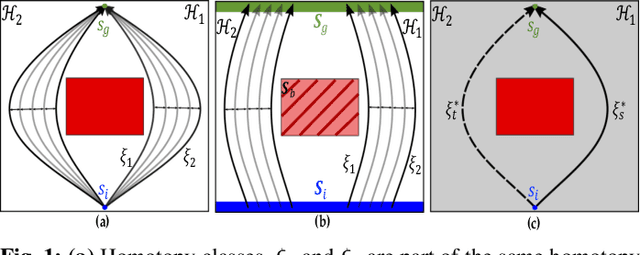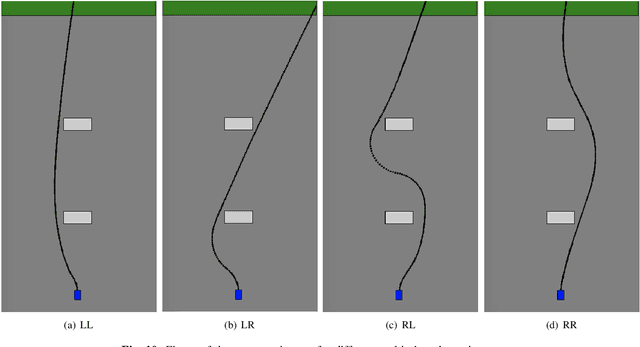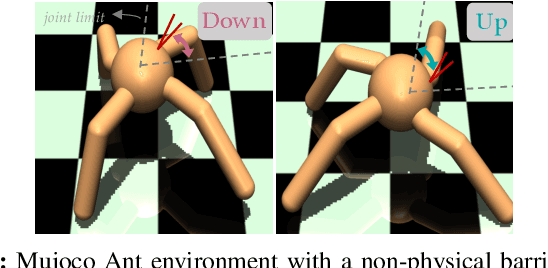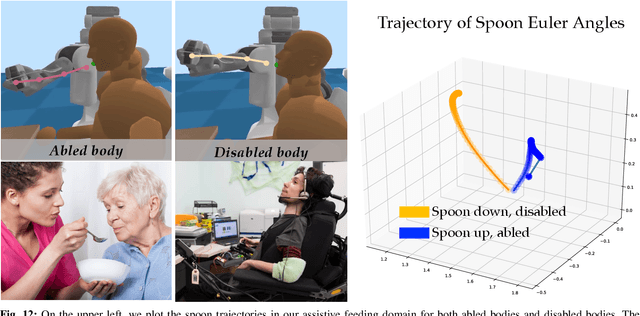Transfer Reinforcement Learning across Homotopy Classes
Paper and Code
Feb 11, 2021



The ability for robots to transfer their learned knowledge to new tasks -- where data is scarce -- is a fundamental challenge for successful robot learning. While fine-tuning has been well-studied as a simple but effective transfer approach in the context of supervised learning, it is not as well-explored in the context of reinforcement learning. In this work, we study the problem of fine-tuning in transfer reinforcement learning when tasks are parameterized by their reward functions, which are known beforehand. We conjecture that fine-tuning drastically underperforms when source and target trajectories are part of different homotopy classes. We demonstrate that fine-tuning policy parameters across homotopy classes compared to fine-tuning within a homotopy class requires more interaction with the environment, and in certain cases is impossible. We propose a novel fine-tuning algorithm, Ease-In-Ease-Out fine-tuning, that consists of a relaxing stage and a curriculum learning stage to enable transfer learning across homotopy classes. Finally, we evaluate our approach on several robotics-inspired simulated environments and empirically verify that the Ease-In-Ease-Out fine-tuning method can successfully fine-tune in a sample-efficient way compared to existing baselines.
 Add to Chrome
Add to Chrome Add to Firefox
Add to Firefox Add to Edge
Add to Edge